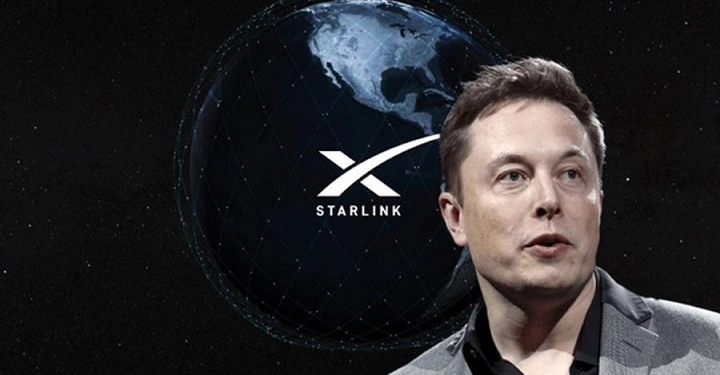TECH WORLD
Elon Musk’s Starlink Gets Approval to Provide Internet Service in Nigeria
Published
4 years agoon

Nigeria has approved Elon Musk’s Starlink, a satellite internet constellation operated by SpaceX, providing satellite Internet access coverage to 32 countries where its use has been licensed.
This was tweeted by the World’s richest man, Elon Must via his Twitter handle. This is in with earlier confirmation of the deal by the Nigerian Communication Commission (NCC).
Read Also:
Starlink provides high-speed, low-latency broadband internet across the globe. Within each coverage area, orders are fulfilled on a first-come, first-served basis.
The Nigerian Communications Commission (NCC) confirmed that it has licensed Starlink, a satellite internet constellation operated by SpaceX, providing satellite Internet access coverage to 32 countries.
This licensing followed a visit to Nigeria by the company’s team in May last year.
The NCC said in press statement the visit that Starlink received two licenses, which include the International Gateway license and Internet Service Provider (ISP) license, and will be trading as Starlink Internet Services Nigeria Ltd.
According to NCC, the International Gateway license has a 10-year tenure while the ISP license is to last for five years. Both licenses take effect from May 2022 and may be renewed after the expiration.
Elated Elon Musk took to his Twitter handle to announce this development, which Nairametrics also confirmed from the NCC.
With high speeds and latency as low as 20 minutes in most locations, Starlink enables video calls, online gaming, streaming, and other high data rate activities that historically have not been possible with satellite internet.
Users also have the option to take Starlink with them via the Portability feature or Starlink.
Starlink’s Journey to Nigeria
In May last year, Starlink’s Market Access Director for Africa, Ryan Goodnight along with SpaceX consultant, Levin Born had paid a visit to the NCC where they expressed interest to obtain a license to operate the satellite internet in the country.
Prior to the visit, the regulator and the space company have been discussing the issue virtually before approval for a physical meeting was granted by the NCC.
What NCC Told the Team
After SpaceX representatives provided an overview of its plans, expectations, licensing requests, and deployment phases, the Executive Vice-Chairman, NCC, Prof. Umar Danbatta, represented by the Executive Commissioner, Technical Services, NCC, Ubale Maska, promised them that the NCC would work on necessary modalities to ensure that it balances the need for healthy competition vis-a-vis the entry of new technologies, in order to protect all industry stakeholders.
Maska had said: “As the regulator of a highly dynamic sector in Nigeria, the Commission is conscious of the need to ensure that our regulatory actions are anchored on national interest. We have listened to your presentation and we will review it vis-à-vis our regulatory direction of ensuring effective and a sustainable telecoms ecosystem where a licensee’s operational model does not dampen healthy competition among other licensees.”
Maska further stated that the Commission was interested in making necessary regulatory efforts to drive the coverage of rural, unserved, and underserved areas of the country through the accomplishments of the targets contained in the Nigerian National Broadband Plan, NNBP, 2020-2025.
Share this:
- Click to share on X (Opens in new window) X
- Click to share on Facebook (Opens in new window) Facebook
- Click to share on WhatsApp (Opens in new window) WhatsApp
- Click to share on Pocket (Opens in new window) Pocket
- Click to share on Telegram (Opens in new window) Telegram
- Click to email a link to a friend (Opens in new window) Email
- Click to share on LinkedIn (Opens in new window) LinkedIn


